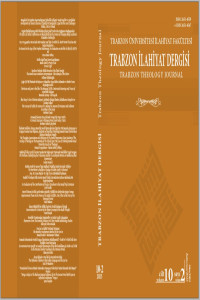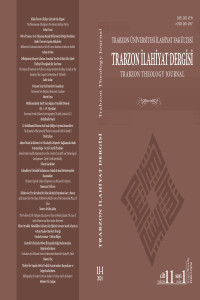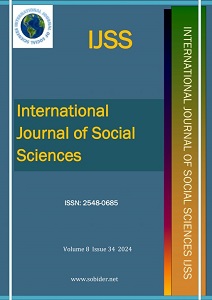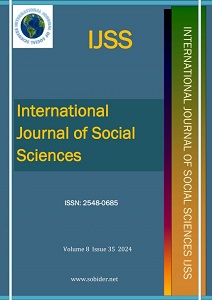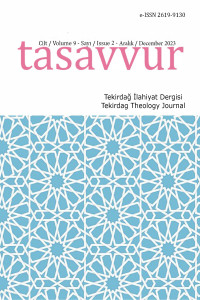
Pozitivist Modern Dünya Görüşü ve Kur'ân’ın Genel Kabulleri Bağlamında Başarılı İnsan Portresine Mukayeseli Bir Bakış
Success is a positive outcome resulting from an evaluation based on certain criteria. Changes in these criteria will directly affect people’s assessment of success. Today’s world is living in a period dominated by a modern point of view. Therefore, evaluations of human achievement are usually made from this perspective. Since existence is composed of matter in the desecrated perception of the modern period, the first criterion of success is material gains. However, according to the Qur’an’s conception of existence, matter is only one dimension of existence. For this reason, the success criteria of the Qur’an differ from the criteria accepted by modernity, which excludes the sacred and metaphysics. In this case, the issue of what characteristics a successful person should have comes to the fore. In this article, the values of the Qur’an and the successful human profile it draws are examined from a comparative perspective in the context of the worldview of modernity that is based only on matter. This examination will be tried to be made through the equivalents of concepts and values such as freedom, good/right work, success and martyrdom in the Qur’an and positivist modern thought. Detection, analysis and comparison methods are used throughout the study. This study, aims to determine what the success criteria are in the general understanding of modernity and the Qur’an in theory, so that today’s people living in modern times will be able to provide an opportunity to inquire about what understanding and values they have built their lives on.
More...

